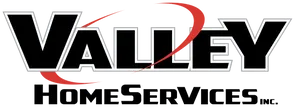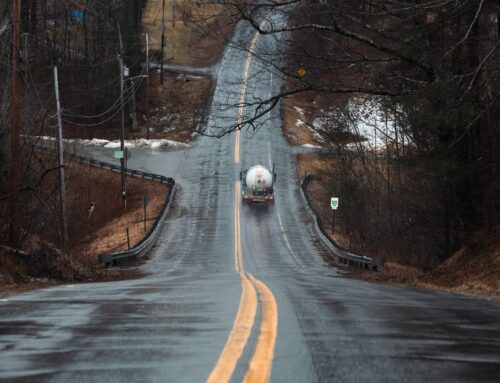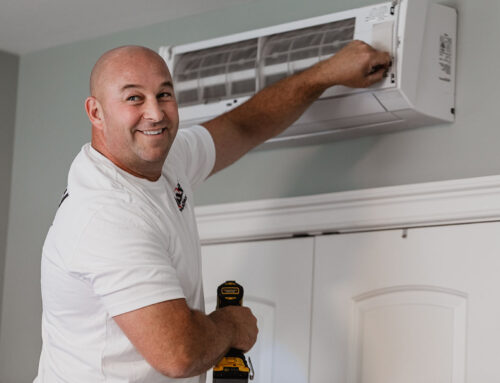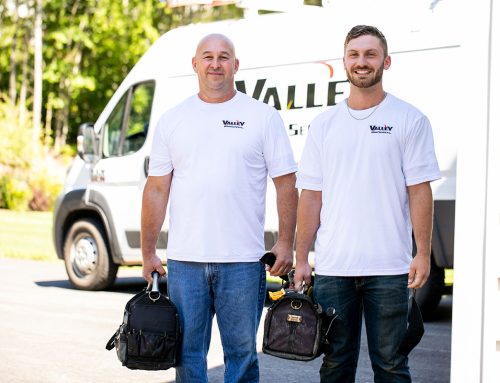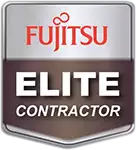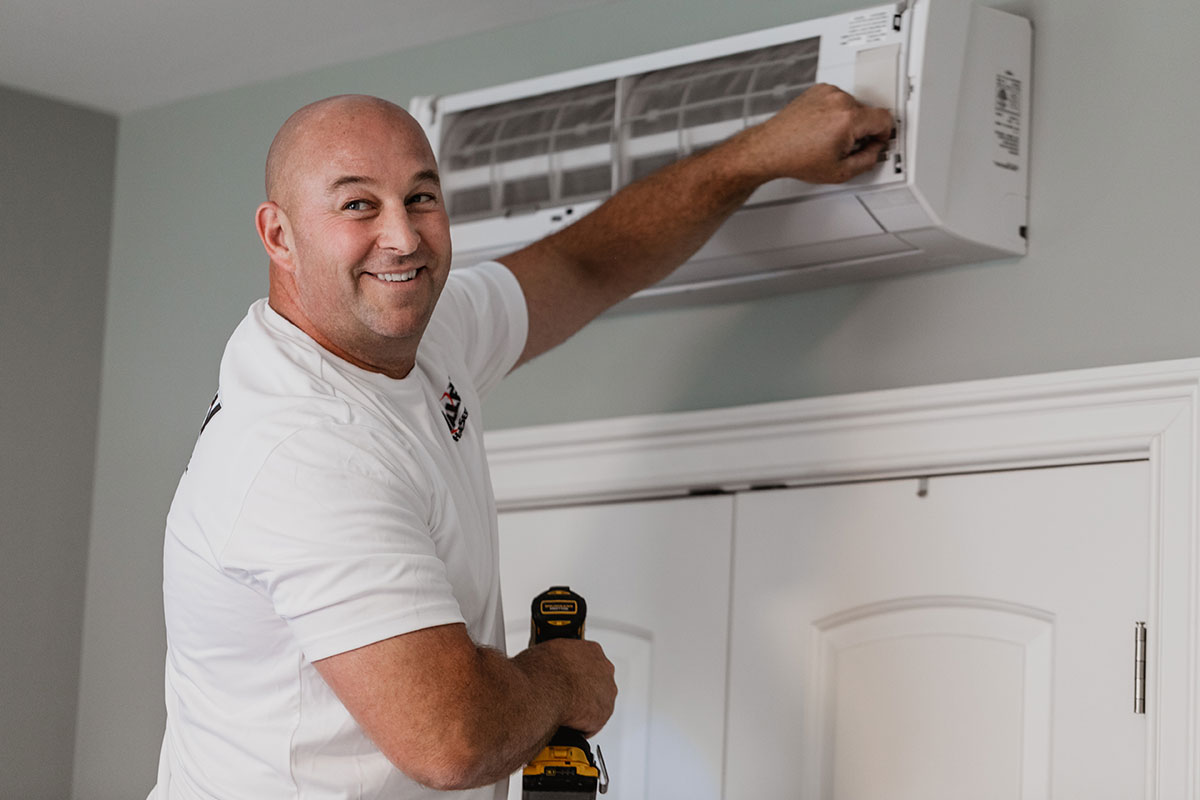
Understanding how your heat pump works, as well as the steps to take to keep it running efficiently will help ensure maximum heat output when you need it most — during cool fall nights and cold Maine winter mornings.
Here are some suggestions to maximize the performance of your heat pump.
Understand the Difference Between a Heat Pump and a Furnace
There are some fundamental performance differences between heat pumps and furnaces when it comes to heating a home.
A furnace will run less but push out significantly warmer air. Once the thermostat reaches the set temperature, it will shut off. Generating that hotter air requires more fuel but the unit won’t run as long.
Air that comes from a heat pump vent will feel cooler than the air that comes out of a furnace. The heat pump uses less energy to slowly increase the temperature in a home. It will run longer, and won’t raise the temperature as quickly as a furnace, but the heat pump will consume less energy in the process.
The backup heating element is an exception to the heat pump’s general efficiency. This backup heat source only switches on in specific situations but consumes a lot of energy.
There are scenarios, especially in a cold climate like Maine, where you could accidentally cause your system to turn on its backup heater. For example, if you walk into a 50-degree house and jack the thermostat up to 80 degrees, the system might kick on the backup heater for support. To avoid this, you should gradually increase the temperature on the thermostat.
Ensure Proper Thermostat Installation and Calibration
While many DIYers with a voltage tester who know where their circuit breakers are can replace a smart thermostat, they might not know how to get optimal performance out of it, and wiring mistakes are easy to make.
Heat pumps, furnaces, and air conditioning units have slightly different wiring configurations and some components may need to be connected differently than they were on the old thermostat. If you have multiple heating and cooling units connected to your HVAC system, or you’re upgrading to a new thermostat with features your current thermostat doesn’t possess, you may want to consult with an HVAC technician for thermostat installation.
Replace Air Filters Frequently
Not every air filter in every home will need to be replaced monthly. How frequently you replace your air filters to maintain an optimal balance of indoor air quality, energy consumption, and heating and cooling performance varies based on your home, your family, and your system. Homes with pets, excessive dust, wood fires or smokers may require more frequent replacement to ensure the filter is allowing enough air to pass through.
Buying the highest-rated MERV filter, such as a HEPA filter, may not be the best answer. Not every air conditioner or furnace is able to pull air through these dense, high-rated MERV filters. The higher the MERV rating, the harder your system will need to work to pull air through the return. This could result in higher energy costs and accelerated HVAC wear.
Keep Your Outdoor Coils Cleaned and Clear
Your heat pump condenser located outside can become obstructed with leaves, grass clippings, vegetation or other debris, resulting in reduced efficiency. Subjected to the elements year-round, this part of the unit tends to get the dirtiest.
The outdoor coil is a key component in heat transfer, but it can struggle if the coils are clogged or obstructed. Letting dirt or debris build-up on and around the condenser may force your heat pump to work harder than it needs to, leading to higher utility costs and more frequent breakdowns.
While DIY condenser coil cleaning isn’t a replacement for professional HVAC maintenance, using a hose to spray off the coils or clearing the debris with your hands can improve the performance and longevity of your heat pump.
Get Professional HVAC Maintenance or Heat Pump Installation in Bangor
Residents of Bangor and the surrounding areas who are looking for trusted local HVAC technicians for heat pump repair, installation or maintenance can depend on Valley Home Services. Our experts have extensive experience servicing all types of heat pumps, air conditioners and furnaces.
Contact us at (207) 945-9008 to get fast, efficient heat pump services that will keep your unit running smoothly and efficiently.
